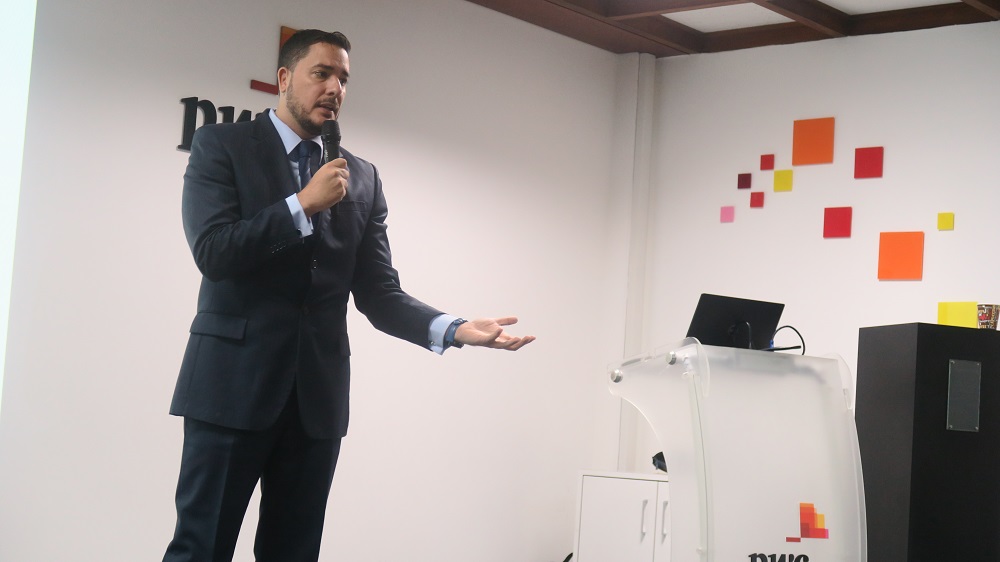
In this sense, Rafael Núñez Aponte assured that it is vital for every company or organization to update and optimize its equipment, antivirus and systems, to create backups and, most importantly, to give the cybersecurity issue its rightful place, creating a dynamic and specific area of information security.
The Venezuelan-British Chamber of Commerce (BritCham), within the framework of the First Inter-Chambers Technology Meeting of Fedeuropa, held the Conversatory 'Technological Challenges 2023', an event staged in Caracas, with the participation of an outstanding group of cybersecurity experts.
Rafael Núñez Aponte, president of MásQueDigital and specialist with many years of experience in information security in the Venezuelan business environment, referred in his presentation to the 'Hacker Threats in 2023', where he listed several of the main dangers, with particular emphasis on ransomware attacks, which are malicious codes through which criminals hijack data to later demand ransom, and which, in his opinion, are and will continue to be the main modus operandi.
Ransomware, the great enemy
During his presentation, Rafael Núñez Aponte explained that ransomware will continue to be the most widely used attack because it appeals to the vulnerability of both people and equipment and systems, and has become more sophisticated and evolved, as it is very easy to infiltrate due to the lack of protection.
The president of MásQueDigital stressed that Venezuela is a very vulnerable country in terms of cybersecurity because the potential targets of ransomware attacks are outdated, especially companies, banks and state institutions.
In this sense, Rafael Núñez Aponte assured that it is vital for every company or organization to update and optimize its equipment, antivirus and systems, to create backups and, most importantly, to give the cybersecurity issue its rightful place, creating a dynamic and specific area of information security.
He also talked about social engineering, which are techniques that appeal to people's cognitive deception, and how computer criminals sneak in to infiltrate institutions of all kinds through, for example, phishing, which consists of an attacker sending an email or message to a user pretending to be a legitimate entity in order to steal data, contact lists, confidential information, money, and other things of both personal and organizational strategic value.
He also commented on other threats to keep in mind in 2023, such as cyber-attacks linked to third parties or 'deepfaces' (modification or substitution of a real face for another in an image or video), which can have really negative consequences on young people when used, for example, for bullying and blackmail.
Awareness, the best prevention
Rafael Núñez Aponte took advantage of the occasion to call for prioritizing prevention in companies. In this regard, he advocated greater organizational resilience, the standardization of services at the cybersecurity level, the implementation of decentralized environments, as well as the creation of technological defense teams that are alert to threats.
Finally, he recommended the activation and use of multi-factor authentication and two-step verification in all equipment and systems, as this simple action makes it much more difficult for cybercriminals to work and promotes information security, a term that the expert defined as a triangle made up of management, technology and awareness.
VEA TAMBIÉN:
El empresario Rafael Núñez Aponte Luz Stella Rozo conversaron sobre los Ángeles – Entorno Mundial





